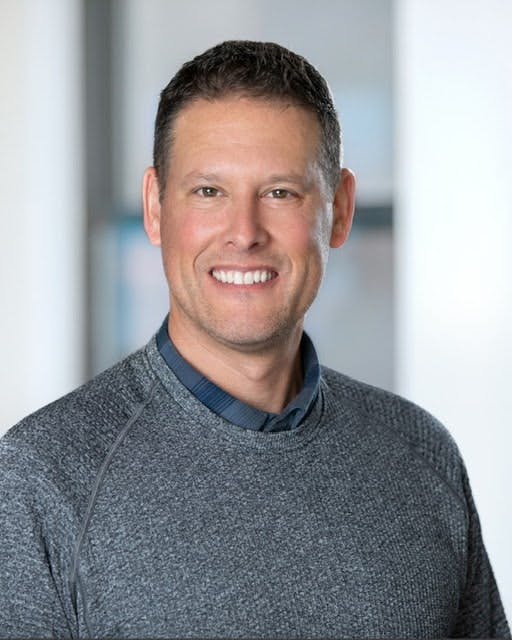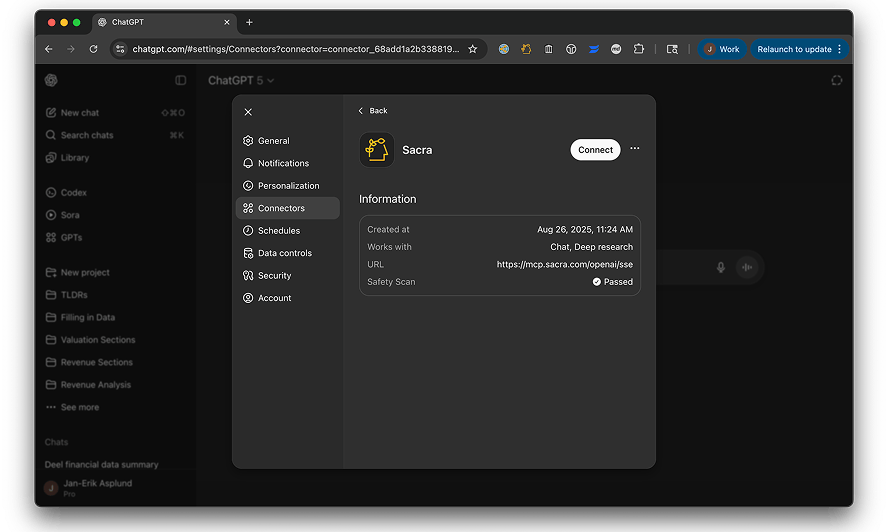This week’s exclusive features Jason Finger, Seamless co-founder and Chairman of Upper90.
Upper90 is a hybrid investment firm that provides credit and equity across e-commerce, enterprise, and fintech companies. They were the first investors in Thrasio and Clearbanc and recently raised a $55M equity fund. To date, they have provided over $1.5B of capital to various growing companies across the globe.

TCT: In your own words, can you tell us more about Upper90, and how this differs from a traditional “venture capital” fund, and how you plan on deploying the capital?
Upper90 is a fund with a fundamentally different approach to financing an emerging business than a traditional venture fund. Rather than beginning with the idea that the company should raise equity, we begin with the idea that there is an optimal capital structure for the company. It’s finance 101 and taught in every business school across the world but, for some reason, it isn’t how things are done practically. When venture first started, it was a buyer’s market (the fund being the buyer). Now, it’s generally evolved to be a seller’s market. There are very few funds that can add true value. That value can come in 3 ways, in our opinion:
- Value from the GPs (and we’ve built multiple unicorns from scratch, as operators)
- Value from LPs (contacts, mentorship, etc.--and we have a LP base of 500 individuals who have all built businesses of some sort from cyber security to marketplaces to rollups to groups within financial firms)
- Value from capital (thoughtful leverage, isolating risks, scalability and capacity)
We aim to provide all 3. By going this route, we help founders (and early investors) delay or even skip a round of equity funding, thereby maintaining meaningfully greater ownership of their company. And, when they do raise equity, they do it from the best, most value-added parties.
How do you structure hybrid credit and equity deals? Can you tell us more about your due diligence process and how you go about assigning a valuation for early stage e-commerce companies?
We start with the thesis that there is a portion of virtually every successful business that is financeable through methods other than equity. We consider ourselves to be experts at isolating those pieces and providing credit that is secured by those specific areas of the business. We do this in a way that builds alignment between us and the companies with which we partner. We find that the founders who are attracted to our model are experienced founders (many of whom are onto their second or third company). They appreciate dilution mitigation, having hundreds of relationships that can be tapped from a firm, working with investors that are partners first and investors second.
It’s not very scientific but we often apply a “you know it when you see it” mindset which is why our portfolio spans across business models and verticals, but always with a founder-first mentality. If we do that, we’ll be compensated fairly and so will our LPs.
Typically, what stage do you invest in and what are your typical “check sizes”?
The earlier we start with a business (once the company has some traction), the more value we can add. We like to get involved before a company has gotten to a Series A. We’ve started with a $1 million facility because we really believed in the founder and that was the simplest way to start a relationship. The largest upfront check we’ve written is $50 million. The largest facility we’ve extended is $500 million. I think the only thing that has been “typical” about us is that we’re not typical. We work as an outside partner helping a company to make the most strategic capital markets decisions. In our first fund, we partnered with 15 companies and, 3 years later, 4 of them are unicorns, including a deca-corn. We believe that 6 more of them will be unicorns over the next 24 months. But, what makes us the most proud is not the “unicorn” status--it’s that the teams we’ve backed now own about THIRTY PERCENT or more of the company than they would have owned without Upper90’s involvement.
In terms of managing the fund, what percentage do you typically set aside for follow on rounds?
We are very unorthodox in that our reserves are not systematic. Every company is different. Every founder is different. In one company, we provided a loan to a founder so he could participate in his own company’s pro rata and scaled ourselves back. Imagine if you had a financial partner who tried to provide financial advice and support that was unbiased and not self-interested. Now stop imagining and just call that Upper90.
Sign Up Today!
To get these right in your inbox
How does Upper90 protect itself amongst credit default?
We start by lending to companies only where we have high conviction on the equity. If the equity has meaningful value then, by definition, the lenders will be paid. There are some lenders that extend a loan and then do a voodoo dance in the hopes that the company will default and the lender can take over the company. We go in the other direction. We extend a credit-led structure and then do everything humanly practicable to help the company achieve success. The firm was started by people who care deeply about the success of the founders and the early investors. It is not one of those situations where the equity and credit are adversarial. We are not naive enough to believe that there will never be a time when there are not conflicts. But, having navigated through Covid while we supported, at the time, 11 portfolio companies, I think the fact that the founders we’ve backed are our biggest sources of new deals says it all.
You were an early investor and Clearbanc, who recently announced their $100M Series C at a $2B post-money valuation. Can you tell us about how you got into this deal and how you met the founders?
I think it’s important to note it’s not about how much capital a company raises when assessing the value of a company, it’s the valuation. Give me a valuation target and I can structure to that. As a community of business builders, we, you, other financiers, and companies need to focus on things other than how much a company raised. It is hurting founders as they’re building incredible companies and ending up with 3% of the company while the seed backers have a de minimis amount, as well. And, the later stage investors make billions.
Internally within Upper90, we talk about equity capital efficiency. There is no better firm in the world at creating that for entrepreneurs. Founders and early investors in Upper90-backed businesses own much more of their companies than they would without Upper90’s involvement. Early indications are that the amount is upwards of 30% or more.
For Clearco, we had a conversation with the founders and had alignment with their vision--that there are ways to finance growth that do not start and stop with equity. They believe that deeply and so do we at Upper90. From that shared vision and perspective, we had alignment and provided them with capital to scale. We’ve been compensated fairly and their earliest stockholders (the founding team, their angels, etc.) own a meaningful percentage of the value that they’ve created--more than they would have if they had gone the traditional VC route.
If we can do that every time, we’ll have achieved the goals of Upper90. I know that I’m eating my own cooking on this but I cannot fathom one reason why the executive team of every company looking for capital that has achieved product-market fit does not reach out to Upper90. It’s a riskless and costless option to accelerate success.
What’s your “X factor” when it comes to winning over founders and getting on their cap table?
Here is what you will own if we are involved. There is what you will own if we are not involved. And, by the way, you’ll also get access to 40 years of combined operating experience building multi-billion dollar businesses and 500 of our LPs who have built some of the biggest businesses in the world. We are just intellectually and mathematically honest with the companies we look to partner with. It seems to be working. We seeded the fastest-growing profitable company in history in Thrasio. We backed Clearco. We backed Octane Lending. We backed Crusoe Energy. When we are committed, we lean in, we lean in hard, and we do everything we can to help grow the business (including, sometimes, just saying nothing).
So far, it’s working.


